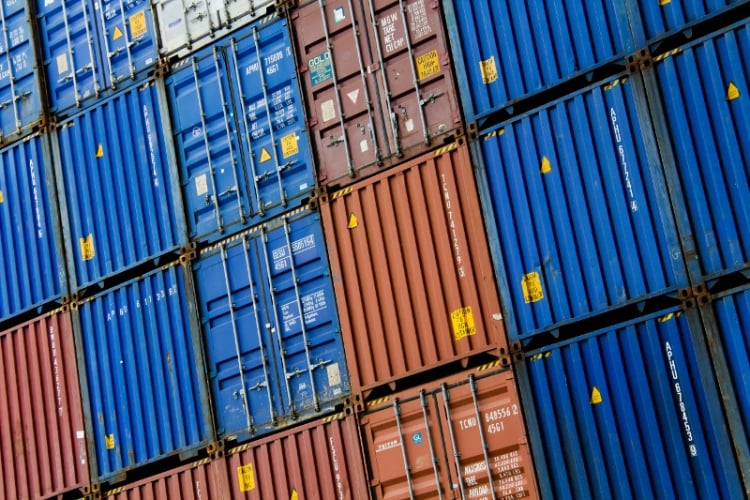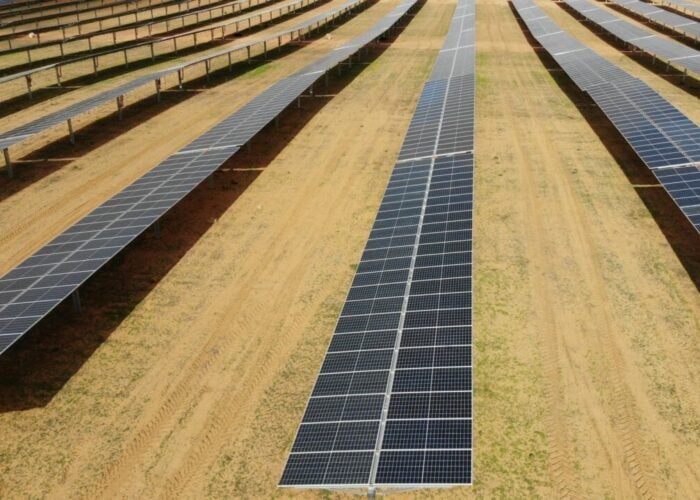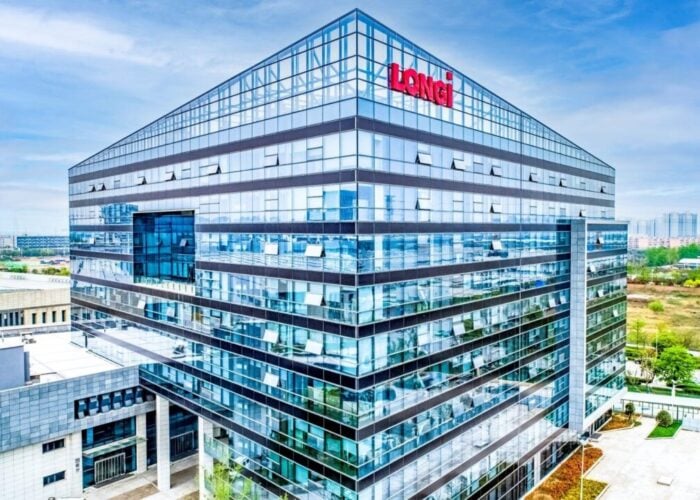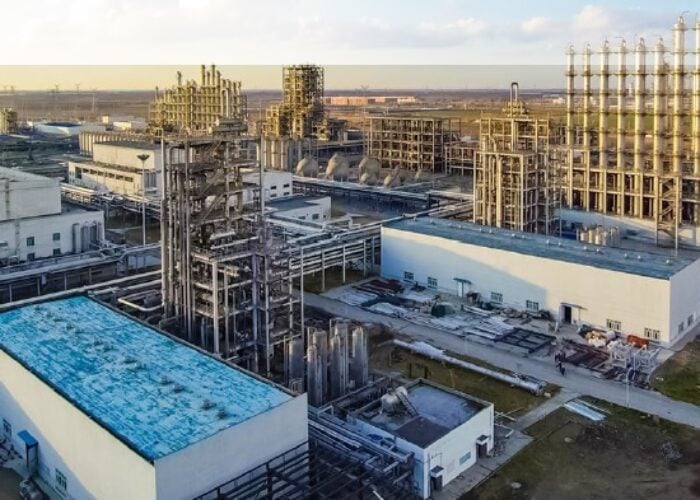
The US Department of Commerce has rejected a petition calling for an extension of anti-dumping and countervailing duties (AD/CVD) across Southeast Asia, citing the ongoing anonymity of the petitioners.
Commerce confirmed that the petition had been rejected in a letter addressed to law firm Wiley today, with the letter revealed by investment bank Roth Capital Partners in an industry note issued today.
Unlock unlimited access for 12 whole months of distinctive global analysis
Photovoltaics International is now included.
- Regular insight and analysis of the industry’s biggest developments
- In-depth interviews with the industry’s leading figures
- Unlimited digital access to the PV Tech Power journal catalogue
- Unlimited digital access to the Photovoltaics International journal catalogue
- Access to more than 1,000 technical papers
- Discounts on Solar Media’s portfolio of events, in-person and virtual
Tim Brightbill, the lawyer representing the group American Solar Manufacturers Against Chinese Circumvention (A-SMACC), informed PV Tech that Wiley was still reviewing the decision with clients and would not be commenting at this time.
The petition was first revealed in mid-August, with A-SMACC citing alleged circumvention of AD/CVD tariffs by subsidiaries of major PV module makers based throughout Southeast Asia. It sought to have anti-dumping and countervailing duties extended to those companies, constituting a major regulatory shift which detractors said threatened to “devastate” the US solar industry and put 18GW of projects at risk of collapse.
The decision by members of A-SMACC to remain anonymous has also proven contentious. While companies behind the group have stressed the need to remain anonymous to avoid retaliation in the marketplace, US solar market players such as NextEra Energy have called for them to be unmasked.
Commerce was also proved to be of the same opinion when, in late September, the department sought new information pertaining to the substance of A-SMACC’s petition, including the specific identities of those behind it.
While A-SMACC complied with the request in private, no public record revealing the identities of A-SMACC members has been published.
Laying out its reasoning for its decision to reject the case, the Department of Commerce pointed specifically to the ongoing anonymity of those behind A-SMACC. It said A-SMACC’s designation of its members’ identities as “business proprietary information” – and therefore necessary to be kept secret – was “unwarranted” and should be disclosed within petition requests.
Furthermore, Commerce said that the names of A-SMACC members should be publicly identified so that all parties interested in commenting on the case could do so “fully”. It stressed the importance of interested parties with knowledge of the industry to have that information so they could comment on the nature of A-SMACC members’ business and how it relates to the case.
“Thus, the proprietary designation prevents parties with industry knowledge from commenting on the A-SMACC members; operations and their status as interested parties. Hence, the proprietary designation of members’ names may prevent Commerce from obtaining and considering information relevant to the decision of whether to initiate the requested circumvention inquiries,” the letter reads.
Commerce’s rejection of the petition also cited its nature of targeting specific companies rather than countries or regions, with the department statement its belief that other interested parties may be in a position to comment on business relationships between A-SMACC members and third parties with facilities in the countries listed in the petition that could have avoided any extension of tariffs.
Commerce offered the precedent of anti-dumping orders on specific solar products from Taiwan that was a result of a petition filed to address a shift in manufacturing from China to Taiwan, which targeted the country rather than any specific entity or subsidiary.
In a statement issued following the verdict Abigail Ross Hopper, president and CEO of the Solar Energy Industries Association (SEIA), declared the decision a “major victory” for the US solar sector.
“The petitions have already had a chilling effect on the industry’s supply chain, and if imposed, we would have seen massive project cancellations and job losses within days.
“Today’s decision provides a rush of certainty for companies to keep their investments moving, hire more workers and deploy more clean energy. This is a critical time for climate progress, and we cannot afford to go backwards at a time when we need to be deploying more clean energy than ever,” she said.







